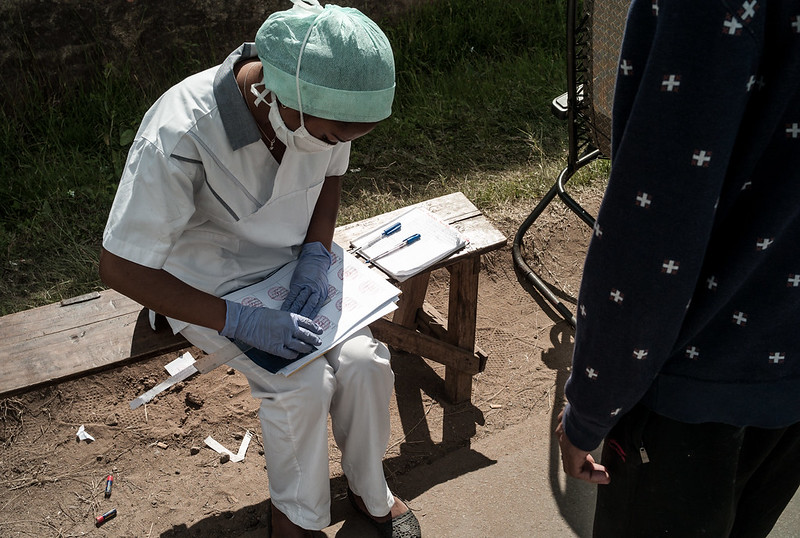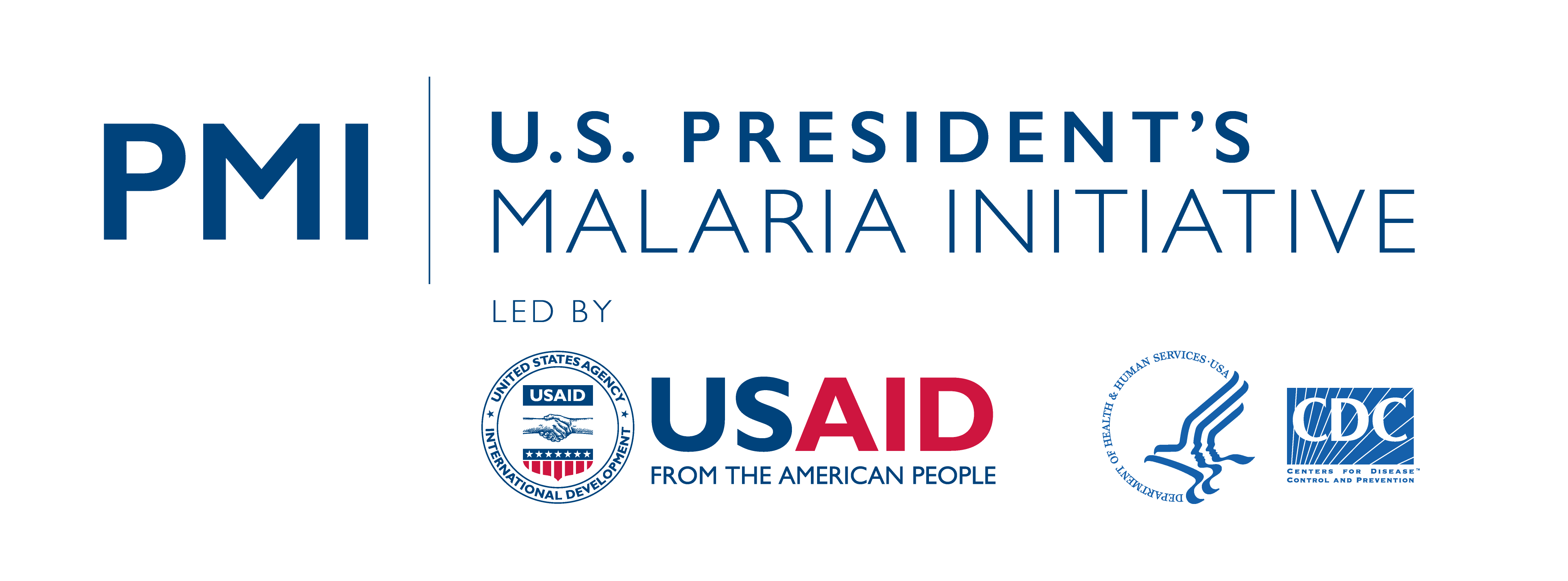COVID-19 Considerations

The burden of COVID-19 varies significantly around the world. For everyone’s safety, all community and social activities, including those related to malaria, need to abide by local laws and policies around COVID-19 prevention practices. Laws and policies vary about physical distancing (usually maintaining at least one or two meters between people), frequent handwashing, wearing masks correctly and consistently, and numbers of people allowed to congregate. Ensure constant communication with your local Ministry of Health representatives to ensure you are not putting yourself or anybody else at risk. Community and faith leaders must follow these laws and policies very diligently to not accidentally contribute to the spread of COVID-19.
The World Health Organization predicts that many more people will die from malaria during the COVID-19 pandemic because people are not seeking care due to fear and an overburdened health system. Since malaria and COVID-19 share some key symptoms, such as fever, encouraging people to seek care for fever is even more important than usual. Build trust in the health facilities to manage fever correctly. Encourage your community to take prevention even more seriously to prevent adding additional burden to the health system.
- Malaria Social and Behaviour Change Program Guidance in the Context of COVID-19 Pandemic — RBM Partnership to End Malaria Social and Behavior Change Working Group
- Coronavirus Disease (COVID-19): Small public gatherings guidance — World Health Organization
- Mass gathering COVID-19 risk assessment tool: Religious events — World Health Organization
- Mass gathering COVID-19 risk assessment tool: Generic events — World Health Organization


